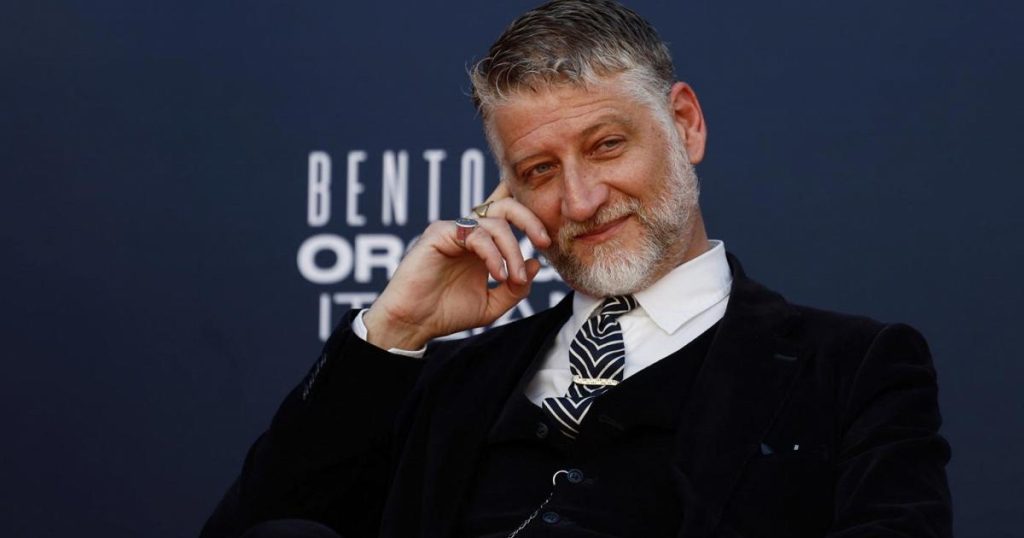Alessandro Giuli has been appointed as the new Minister of Culture in Italy, succeeding Gennaro Sangiuliano who resigned after the Boccia case. The announcement was made by the Quirinale following a meeting between Prime Minister Giorgia Meloni and President Sergio Mattarella. Giuli, born in Rome in 1975, started his journalistic career in local newspapers before moving on to work for “Il Foglio,” where he became deputy editor in 2008 and co-editor in 2017. He has also worked with other media outlets such as Rai 2 and Rai Radio 1, and is a member of various organizations including the Italian Society for the History of Religions and the think tank Italia Atlantica. Sangiuliano had previously appointed Giuli as the president of the Maxxi Foundation, the national museum of contemporary art in Rome, making it his first significant appointment in the Ministry of Culture.
Giuli is also an author of several books on topics such as post-fascism, sovereignty, power dynamics, and the contemporary influence of Gramsci. He will face his first challenge as Minister of Culture when he attends the G7 Cultural Ministers meeting from September 19th to 21st. He will be meeting with cultural ministers from Canada, the UK, Germany, France, the US, and Japan. Giuli will be the only male minister in attendance, alongside the Japanese Minister of Culture, Masahito Moriyama. This meeting will be an important opportunity for Giuli to showcase his vision and priorities for culture in Italy on the international stage.
Giuli’s appointment comes at a crucial time for Italy, as the country continues to face challenges in the cultural sector, exacerbated by the impact of the Boccia case. Giuli will need to navigate these challenges while also promoting Italy’s rich cultural heritage and supporting the arts and cultural industries. His background in journalism and academia will provide him with the skills and knowledge necessary to lead the Ministry of Culture effectively and address the pressing issues facing the sector.
Giuli’s experience as a journalist and author will also be valuable in his new role, as he will have to engage with the media and communicate with the public about cultural policies and initiatives. His previous work in promoting cultural events and discussions on television and radio will serve him well in promoting a positive image of Italian culture both domestically and internationally. Giuli’s passion for culture and history is evident in his writing and public appearances, and he will likely bring that same enthusiasm and dedication to his role as Minister of Culture.
In conclusion, Alessandro Giuli’s appointment as the new Minister of Culture in Italy signals a new chapter for the cultural sector in the country. With his background in journalism, academia, and cultural advocacy, Giuli is well-equipped to lead the Ministry of Culture during a critical time. His experience and expertise will be crucial in addressing the challenges facing the sector and promoting Italy’s rich cultural heritage on the global stage. Giuli’s first task at the upcoming G7 Cultural Ministers meeting will be an opportunity for him to showcase his vision and priorities for culture in Italy, and to demonstrate his commitment to supporting the arts and cultural industries in the country.


